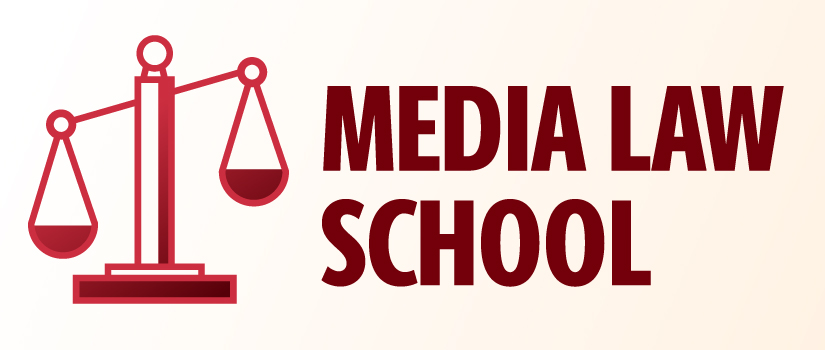Media Law School, hosted by the University of South Carolina College of Information and Communications in cooperation with the Joseph F. Rice School of Law, and sponsored by the American Board of Trial Advocates and the American Board of Trial Advocates Foundation, provides selected journalists with the opportunity to develop a better understanding of the key stages of civil and criminal proceedings and to learn enough basic law to report accurately on many important issues in the news.
Approximately 30 journalists selected as Media Law School Fellows will visit the University of South Carolina campus from March 13-16, 2024, for instruction from law professors, lawyers and judges on various aspects of the law and the legal system, to help them in their reporting on these issues.
Best of all, Fellows can receive this training at little to no cost. There is no registration fee, and Fellows receive a $500 travel allowance and three nights hotel lodging within walking distance of the School of Journalism and Mass Communications, where the instruction sessions will be held.
Curriculum
Curriculum for the 2024 Media Law School is under development, but the curriculum typically covers:
- An introduction to our system of courts and judges.
- Substantive overview of most common criminal offenses.
- Evidence and objections.
- Basic concepts of due process, equal protection.
- Panel discussion by state and federal prosecutors and defenders.
- Understanding lawyer and judicial ethical obligations.
- Panel discussion on civil trials.
- Introduction to the law of intellectual property.
- Basics of media law, including libel, invasion of privacy, privilege and access.
- Guest speakers on special topics.
